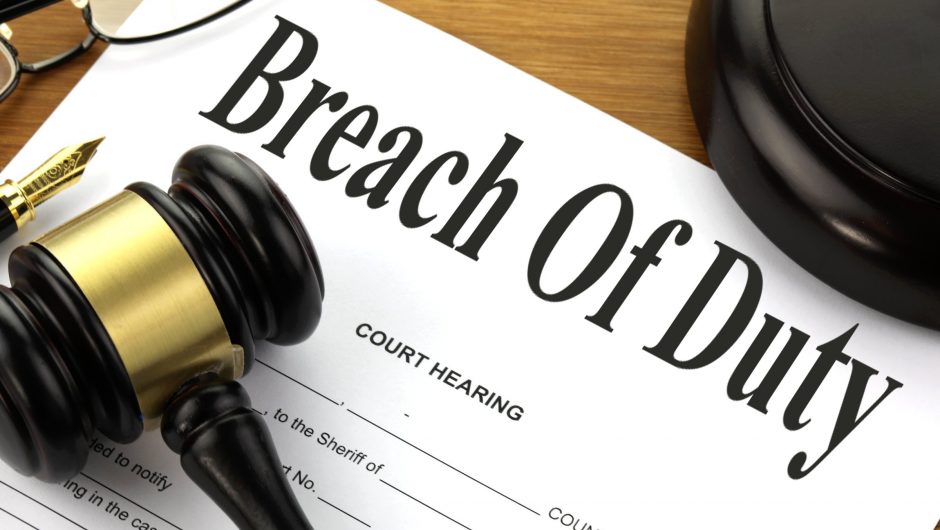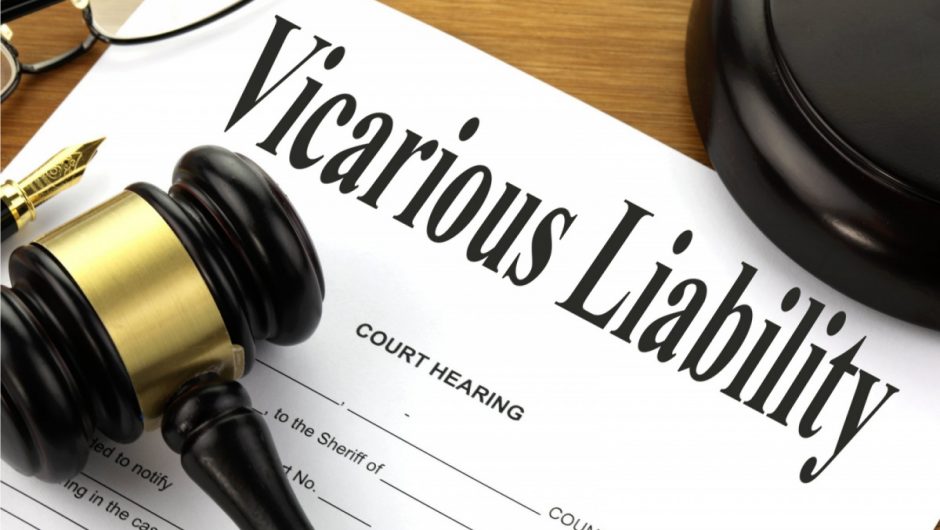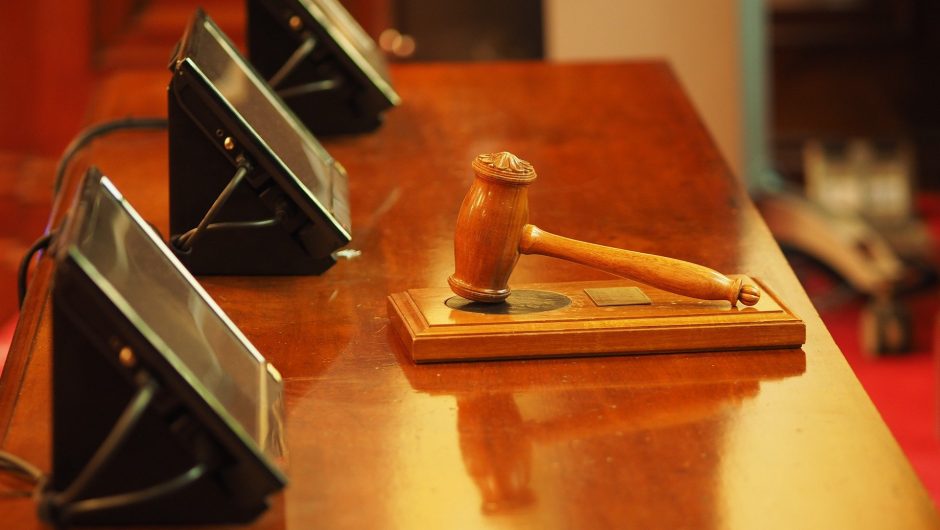They say, “What goes around comes around!” Debt collectors can make your life difficult. But, you probably didn’t know you can sue a debt collector. If the collecting agency violates the law, you may sue for lost wages, medical bills, and other damages. Even the Federal Trade Commission could be on your side.
Of course, you don’t have to reach the lawsuit stage. There are precautions and actions you can take to reduce your problems, and it’s in your best interest to try. You might consolidate debts, pay off the credit cards with the highest interest rates, and initiate attempts to settle things with the creditor. But, you do have rights and should know what debt collectors are not legally allowed to do.

5 things debt collectors are not legally allowed to do:
- Harassment: It may surprise you, when you receive repeated calls from debt collectors, that they cannot harass you. They are not permitted to call repeatedly or before 8:00 a.m. or after 9:00 p.m. In fact, you can stop the calls altogether with a letter to the collector.
- Threats: Collectors are also prohibited from threatening you with violence. They cannot threaten to shame you by publishing your name and financial problem. And, they may not speak to anyone about your debt, other than to you, your spouse, or attorney.
- Lie: Debt collectors cannot present themselves as a government or law enforcement agency. They cannot collect money you do not owe or no longer owe. And, they cannot claim they will arrest you. The court could issue a warrant to arrest you for legitimate debts like failure to pay child support, but the collector cannot arrest you.
- Workplace: Collectors cannot come to your place of work. Their appearance only publicizes your debt so they cannot show up. Collectors can call you at work or pursue a wage garnishment through legal processes, but they cannot collect at your job.
- Abuse: Talks with debt collectors can become emotionally heated. Tempers will be tested. But, the collector cannot use profane or offensive language. They cannot swear at you or call you names.
Knowing your rights
Debt collectors work to recover money owed on delinquent accounts. They typically work for an agency contracted by a creditor to collect debts owed, such as those for credit cards or car loans.
You should remember that debt collectors are people, too. Michelle Dunn, a contributor to Business Insider, discussed how stressful it can be to collect debts. “Bill collectors aren’t the bad guys. They are a part of customer service with an unpleasant job. Bill collectors are negotiators, mediators, counselors, accounting professionals, and people, just like you and me.”
So, if your debt collector approaches you from this background, you should respond with an open mind and flexibility to work on resolving your mutual problems. But, having said that, there are at least five things debt collectors are not legally allowed to do.
Topics #Debt #Debt Collector Rights #Debt Collectors #Law #Legal








